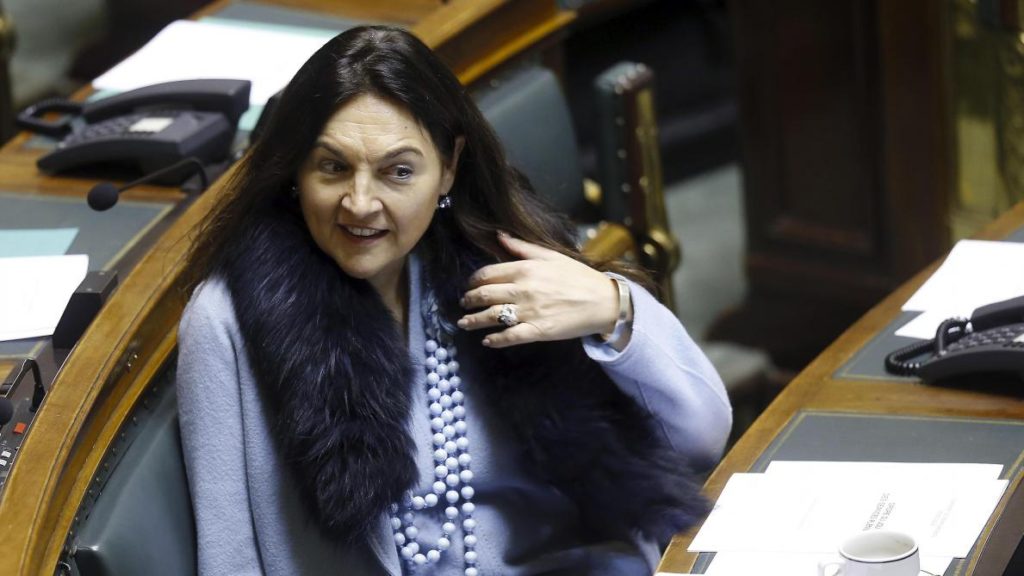Yesterday in Brussels, just two days after up to 75,000 people had marched through the city calling for more government action on tackling climate change, the federal minister for the environment, who had been present on the march, voted against one proposal from the EU Commission on improving energy efficiency, and abstained on another on renewable energy. The vote came up at a meeting of the environment council, attended by Marie-Christine Marghem, who had caused controversy by using the occasion of the march – a show of solidarity attended by members of the public from across the country – to lay the blame for lack of progress at the feet of the regions, and in particular Flanders.
Later, the Belgian permanent representative to the EU revealed that his service had been asked to attempt to form a blocking minority to the directive on energy efficiency. In the end, the attempt failed, with only the Czech Republic joining Belgium among the nays.
Defending the Belgian votes on RTBF radio, Marghem (pictured in parliament) took refuge behind the Belgian way of doing things, and the need to find consensus among the regions on matters where they have competence – such as environment and energy. On the question of energy efficiency, none of the three regions could agree to the increase demanded by the directive. For the question of renewable energy, Flanders could not agree, while Brussels was in favour and Wallonia wanted to abstain.
When the situation arises where the regions cannot agree one way or the other, the custom is for the federal minister to abstain. Both directives derive directly from the Paris Accords.
Marghem was accused of “political cowardice” by Greenpeace and Climate Coalition representative Juliet Boulet.
“Hiding behind the regions is, in my view, a confession of terrible weakness, and also, if I may say so, a little like political cowardice,” she told the RTBF. “It seems to me that with a little bit of political will, all four parties could have found an agreement. In Paris in 2015, 195 states were able to come to a worldwide agreement. Here, we’re unable to agree among four parties.”
Alan Hope
The Brussels Times

